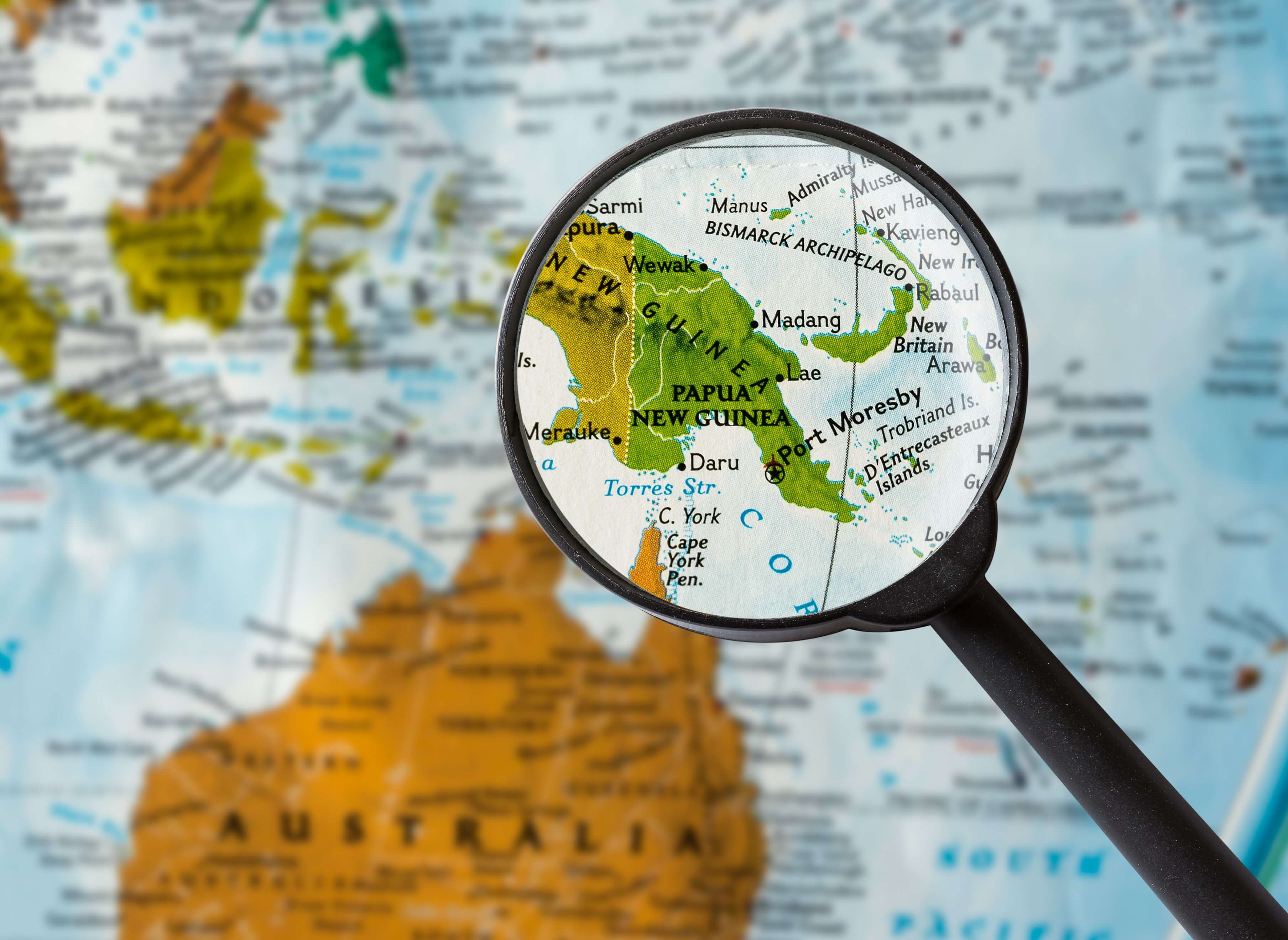
Thousands of children born in Papua New Guinea (PNG) no longer face a future cut short by severe pneumonia, thanks to the introduction of pneumococcal vaccination as part of the country’s National Immunisation Program.
Newly published research capturing the six years following introduction of the vaccination in 2014 demonstrates the powerful difference pneumococcal vaccination has made in a country which, pre-2014, had one of the highest rates of childhood mortality in the Western Pacific region – more than 12 times the rate in Australia.
Researchers from The Kids Research Institute Australia, Papua New Guinea Institute of Medical Research (PNGIMR) and Murdoch Children’s Research Institute have now demonstrated that providing the pneumococcal vaccine to all young children has reduced pneumonia hospitalisation rates by 57 per cent.
Published in The Lancet Regional Health – Western Pacific, the study also found children suffering pneumonia are now almost 30 per cent less likely to require oxygen treatment, a marker of more severe disease.
Professor Chris Blyth, Director of the Wesfarmers Centre of Vaccines and Infectious Diseases, based at The Kids Research Institute Australia, said the results would dramatically shape child health outcomes in countries like PNG.
“Babies in PNG are first exposed to the bacteria and viruses that cause pneumonia within their first few weeks of life, and it remains as the most common cause of childhood death,” Professor Blyth said.
“The Kids Research Institute Australia has a long history of supporting pneumonia and vaccine research in PNG, and our collaborative research efforts with PNGIMR contributed to the introduction of the pneumococcal vaccine for all babies.
“This research clearly demonstrates the power of vaccination in drastically reducing the number of children acquiring pneumonia and pneumococcal disease and will play a critical role in informing future health policies.”
Professor Blyth said the focus now would shift to tackling the many barriers to vaccination in PNG, such as access to healthcare and vaccination clinics, difficulties with supplies and infrastructure, and challenges around vaccine hesitancy and misinformation.
“At the Wesfarmers Centre of Vaccines and Infectious Diseases, our mission is ensuring a healthier start to life for all children through elimination of infectious diseases, not just in Australia but throughout the world, and aim to achieve equitable access to life-saving vaccines,” he said.
Professor William Pomat, Director of the PNG Institute of Medical Research, said it wasn't difficult to find people in PNG with a story to share about the true impact of pneumonia.
“Every family in PNG has been touched by pneumonia,” Dr Pomat said. “For many, this has meant time away from family, long trips to hospital, and difficulty maintaining income-generating activities to provide food and education for their children. Sadly, for others, pneumonia has caused the devastating loss of their loved one.
“We would like every child in PNG to have access to vaccinations for protection against infectious diseases, and this research goes a long way in showing the policy-makers, health-care workers and parents in PNG that pneumonia vaccines make a huge difference for our kids.”
View the research paper Effectiveness of 13-valent pneumococcal conjugate vaccine against hypoxic pneumonia and hospitalisation in Eastern Highlands Province, Papua New Guinea: An observational cohort study online at Science Direct.
